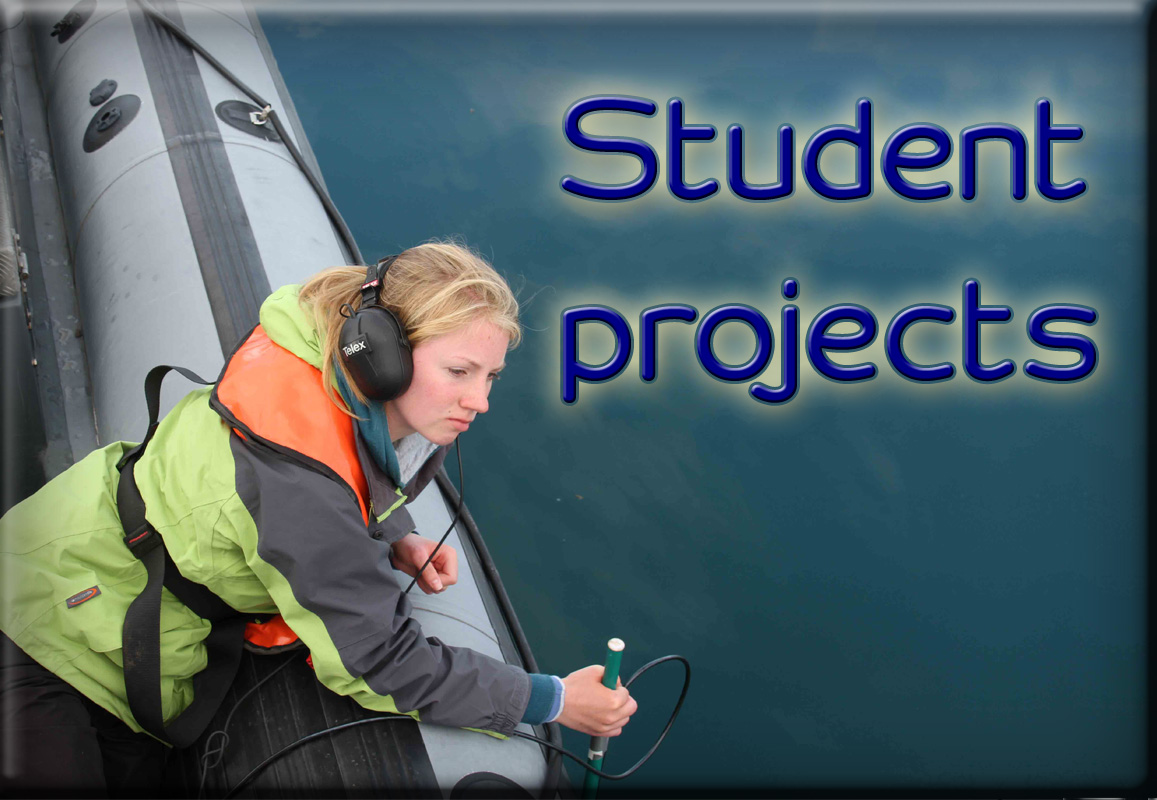Sea Watch Foundation has many diverse research projects. They range from regular monitoring and reporting on our local cetacean populations, to working with statutory bodies to improve future management and conservation across the UK and internationally.
-
Recent Work and Publications: Sea Watch Foundation continues to monitor the conservation status of Britain’s largest coastal population of bottlenose dolphins in and around Cardigan Bay, Wales. This has led to multiple publications from our survey data, as well as PhD and MSc thesis on specific topics, which you can view here.
- North-West European shelf sea maps
From collation of national and international surveys undertaken over the last thirty years, monthly maps showing the density distributions of cetacean and seabird species have been produced. These maps are published in the Journal of Applied Ecology.
You can also view some of our monthly maps showing the density distributions here.
- Atlas of British mammals.
Using our database of sightings of whales, dolphins and porpoises recorded in UK waters, we have co-authored with the UK Mammal Society the first comprehensive Atlas of British mammals. This ambitious four-year project was published in March 2020.
-
Work with statutory Management Authorities: -
UK based Conservation: -
International Conservation:























